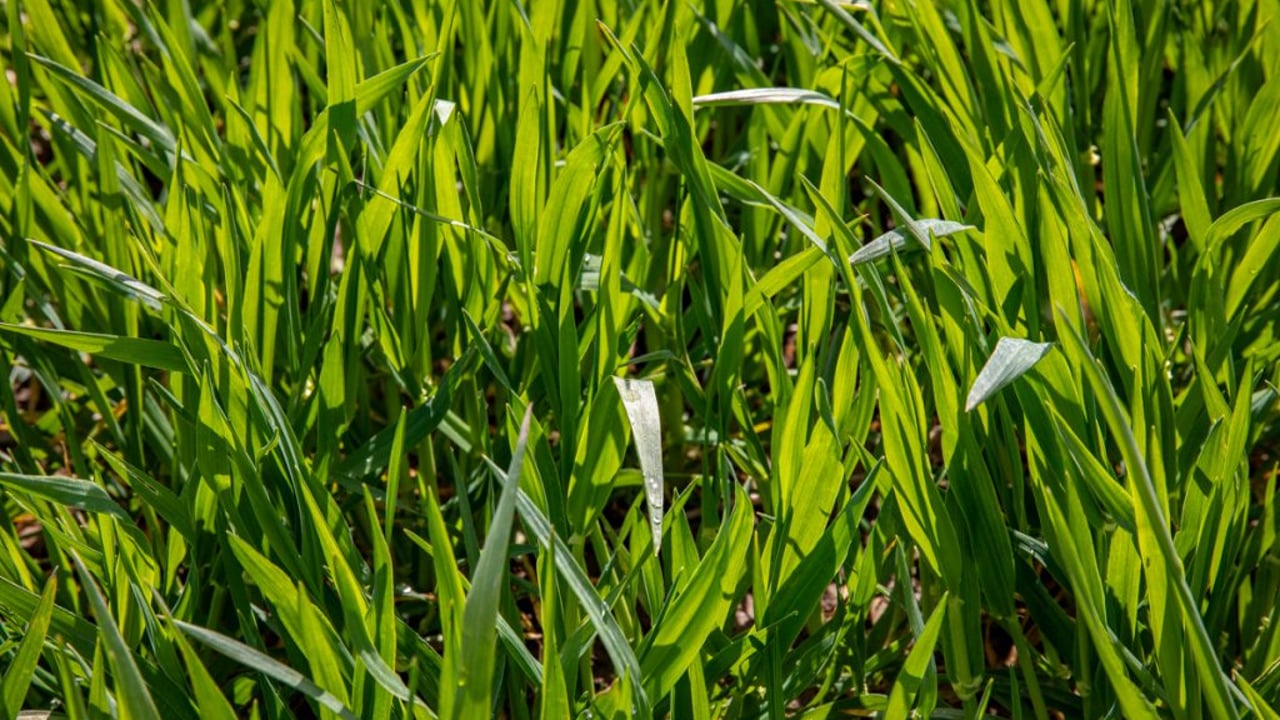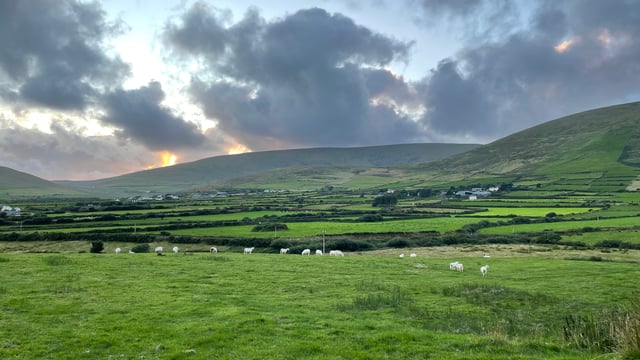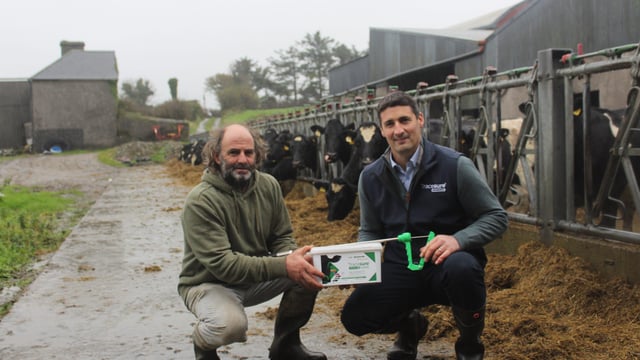EU farmers 'anticipate progress' on genomic techniques this week
A representative group of EU farmers has said it expects progress this week towards a new EU regulation on 'new genomic techniques' (NGT).
NGTs are ways of manipulating plant genetics to improve sustainability and resilience. Although the practice is considered scientifically distinct from the more controversial practice of genetic modification, EU law does not currently recognise the distinction.
Copa Cogeca, which represents EU farm organisations and agricultural co-operatives, said that this week "should mark a decisive moment" for European farming.
The organisation said that a clear legal framework is essential to secure investment in European seed breeding across all regions and sectors, which would allow farmers to access plant varieties better adapted to climate change.
Advantages of NGT include drought resistance crops; tolerance to disease and pests; and improved yields.
Copa said it welcomed the moves by Poland - which currently holds the presidency of the Council of the EU - to progressing the legislative agenda on a potential NGT regulation.
The farm organisation said it supports Poland's proposal to exempt some NGT plants from EU genetic modification legislation.
Copa called for a "harmonised approach" across the EU, and said that additional traceability and labelling requirements should not be necessary, as existing seed databases and member state variety lists should would provide sufficient transparency.
Copa also called for sustainability assessments of NGT products to remain under the regulation of plant reproductive material (PRM), which governs the marketing rules of products.
"Copa and Cogeca urge all EU policymakers to ensure a science-based, pragmatic approach, allowing NGTs and PRM to contribute to more sustainable and competitive European agriculture," the farm organisation said.
Farmers concerned over fertiliser tariffs
Copa recently expressed concern over the European Commission’s plan to place increased tariffs on fertiliser from Russia and its ally Belarus.
In light of the commission’s proposal on “trade defense measures” against fertiliser imports from those two countries, Copa said a “medium-term strategy is crucial for EU food security”.
The group also called for “urgent fixes” to mitigate economic harm for farmers.
According to Copa, the move from the commission “could lead to extensive harm for EU agriculture”.
“The current proposal leaves European farmers and their co-operatives up against a wall without viable or alternative solutions, while no prior impact assessment has been conducted to evaluate its effects on food security and the economy,” Copa said.





